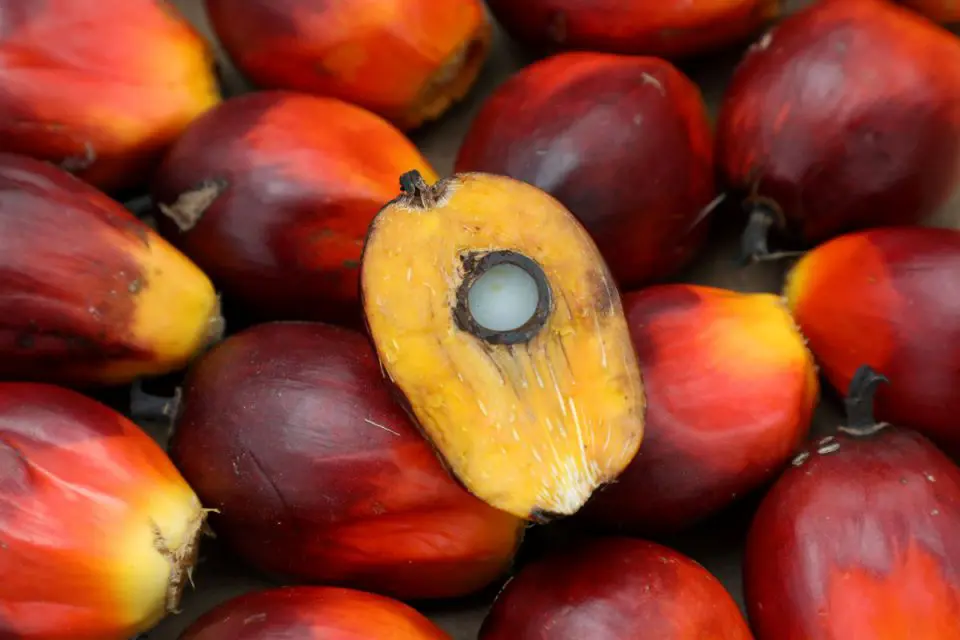BEIJING, Nov 19 — The official visit of v Prime Minister Datuk Seri Fadillah Yusof to China ended successfully with the country committing to closer cooperation, especially in the fields of agriculture and palm oil commodities.
Fadillah, who is also the Minister of Plantation and Commodities, said that the country with a population of around 1.4 billion has committed to increase palm oil imports to 3.4 million tonnes next year compared with the estimated 3.14 million tonnes so far.
China has been Malaysia’s largest trading partner for the past 14 years.
In 2022, the value of Malaysia’s agri-commodity exports to China contributed 12.8 per cent of Malaysia’s total agricultural commodity exports in the international market with a value of RM26.46 billion, an increase of 11 per cent compared with 2021.
The value of palm oil-based products exports to China in 2022 was RM16.41 billion while the value of Malaysia’s palm oil exports to China in the same year was RM8.44 billion.
“This is a successful mission. Although we had a very tight schedule, it was meaningful and very productive discussions and we saw their response was incredibly positive.
“Whatever we discussed and presented, they welcomed it and are committed to increase trade with our country,” he told the media at the end of his official visit to China.
Fadillah began his visit to the Great Wall country on November 12, starting with a three-day visit to Shanghai followed by four days in Beijing.
He is expected to depart for Malaysia on Nov 19 at 9:30 am and is expected to arrive at 5 pm local time.
The visit is also in conjunction with the 10th anniversary of the Comprehensive Strategic Partnership between Malaysia and China and next year, both countries will celebrate the 50th anniversary of diplomatic relations.
During his time in Shanghai, he also inaugurated the Palm Oil Research and Technical Service Institute of Malaysian Palm Oil Board (Portsim) plaque, which received laboratory accreditation recognition from China, namely the China National Accreditation Services (CNAS) and China Inspection Body and Laboratory Mandatory Approval (CMA).
Fadillah also held a meeting with 62 Chinese stakeholders during the High-Level Roundtable Meeting, where topics of discussion included strategies to enhance cooperation with China, especially in the application of palm oil in the value chain.
He also witnessed the presentation of the Malaysian Sustainable Palm Oil (MSPO) certification to Grand Oils and Fats (Dongguan) Co Ltd, the first refinery outside Malaysia to be MSPO certified.
Fadillah also attended a bilateral meeting with Chinese vice premiers Ding Xuexiang and Liu Guozhong and hosted a Middle Eastern lunch.
He also attended a bilateral meeting with Yu Jianhua, Minister of the General Administration of Customs of China, and attended a dinner hosted by Tang Renjian, Minister of Agriculture and Rural Affairs China.
The deputy prime minister also met the Malaysian diaspora in Shanghai and Malaysian students in Beijing.
Malaysian Tocotrienols to penetrate more markets in China
Fadillah said both governments would strive to resolve trade issues involving Malaysian palm tocotrienols (vitamin E) to China.
Both parties will also encourage cooperation between research institutes to conduct studies on the latest technology applications in the commodity industry.
The Chinese government also welcomes Malaysia’s Malaysian Sustainable Palm Oil (MSPO) certification, which will help both parties achieve the goals of the Sustainable Development Goals (SDGs).
The Ministry of Plantation and Commodities Malaysia and the Chinese Ministry of Agriculture and Rural Affairs will also discuss and sign a memorandum of understanding (MoU) to establish a bilateral mechanism next year.
“We have agreed to draft the MOU and it is expected to be signed within four months, in conjunction with the 50th anniversary of diplomatic relations between both countries,” he said.
Continuous obstacles from EUDR, the ministry shifts to other markets
Fadillah said due to restrictions relating to the European Union Deforestation Regulation (EUDR), Malaysia could no longer open new plantations starting in 2020.
“We need to focus on how we can increase the productivity of oil production from the area of palm plantations we have so that not only can we meet domestic needs but also increase exports to other countries to cater for demand from outside of the country.
“Besides that, we also need to expand the market for palm oil to other countries as well.
“Türkiye is one of the countries that is currently our focus. The amount of palm oil imports from that country is increasing,” he said.
He said the ministry also aimed to increase Malaysia’s palm oil market to India, Egypt, other Arab countries and other countries in Africa.
“Overall, looking at my visit this year, China is a very worthwhile mission but, in any situation, especially with the uncertain economic situation, we cannot be complacent and always need to focus.
“We not only need to focus on one commodity segment but also other commodities and the whole value chain of agricommodity,” he added.
— Bernama





